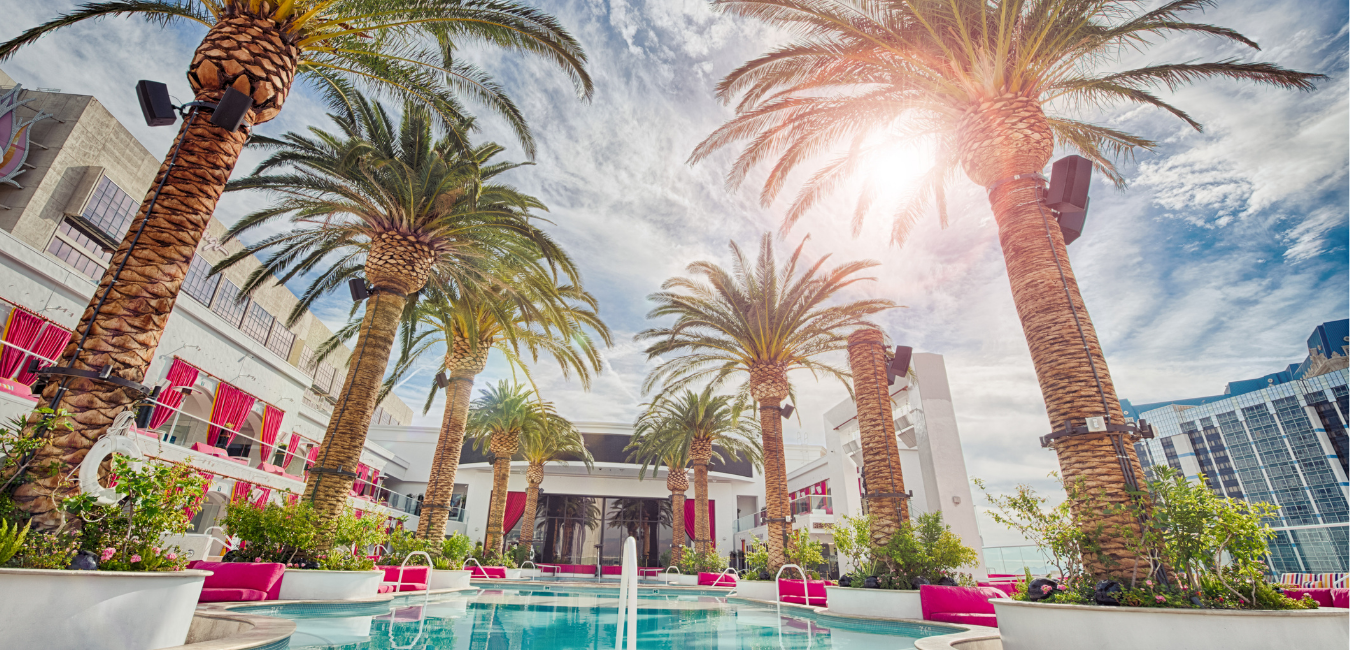Joining fellow industry experts Richard Millard (Trust Hospitality), Emilio Perez (Marriott International), and Robbie Karver (Ernst & Young as a panelist at a Hotel & Resort Investment Conference we exchanged views on the trending and growing sector of hospitality, The Future of Lifestyle Hotels. It was a great conversation; below are some of the thoughts we shared, somewhat expanded:
What is a Lifestyle Hotel? What do we see for them going forward?
The Lifestyle Hotel emerged as a combination of boutique hotels’ design and style with the conveniences offered by hospitality brands creating an affordable but unique travel option. The positioning of a Lifestyle Hotel pays specific attention to design – avant-garde, cutting age, quirky, cool, etc. Lifestyle Hotels have become increasingly enticing due to style, brand loyalty programs, and consistent service standards.
In addition, Lifestyle Hotels place particular emphasis on spaces for social interaction. If a traditional hotel was a “home away from home,” the Lifestyle Hotel is a “social destination,” a place for new encounters. Often located in upcoming neighborhoods with younger populations, a Lifestyle Hotel acts as a magnet for social life, a space where visitors and locals mingle – at the bar, the trendy restaurant, the rooftop lounge, the art gallery/lobby, or the out-of-the-box gym.
The Lifestyle Hotel emerged with W opening the first Kimpton decades ago and has become quite mainstream since then. The growth of the Lifestyle Hotel occurred as a result of the creative class. Creatives from every industry are drawn to this type of travel experience seeking connection, inspiration, and exploration through the road less traveled. As global production becomes more mechanized, the larger the demand for a creative outlet has become, proving that this trend is here to stay.
How do we think lifestyle hotels will evolve into the future?
As designers and operator, we see significant opportunities:
A Greener Hotel
Green is and will increasingly become a basis in design-thinking. With new generations demanding more sustainable practices, there will be an expansion in the integration of vertical gardens, green walls, green rooftops, onsite micro-farms, passive design strategies, and urban responsibility.
Lifestyle Wellness
The wellness movement has been rising in popularity for years. And now, with the presence of COVID, the trend has newly added layers. The creative class that was initially looking for a party has turned to health as their guiding principle. More than a stay at a spa, Lifestyle Wellness will become a prominent aspect of lifestyle hotels in the future. Health and well-being will be the dominant factor in determining what guests eat and drink, how they move, and what kind of adventures they have while on vacation.
Personalization
Thanks to advancements in technology, specifically AI, hoteliers have the opportunity to implement preference and behavior measurement processes and programs. With this data gathering, operators can build a guest profile to create personalized experiences and offer customized loyalty programs. While personalization may not be at the forefront of the design process yet, it is a powerful marketing and service feature that Lifestyle Hotels can utilize to their advantage.
Technology for Efficiency
Technology is continuously advancing to improve operating efficiency and savings. The pandemic has accelerated hotels embracing technology for touchless service and hygiene. Looking into the future, it is likely that in-person service will become the mark of personal touch and luxury.
Lobby as a Wonder-Space
The lobby, as we know it, will change, taking two possible directions in its evolution. Some hotel types will focus on a virtual check-in through application solutions, minimizing or potentially eliminating in-person lobby. However, Lifestyle Hotels that focus on guest experience and social encounters will reinvent the lobby. We envision a creative, exciting, and transforming social space, where guests are surprised, wondrous, and moved. As such, it will merit a new name – maybe the “wonder space”: the space that is a first and a recurrent impression – if done creatively, can become a hotel’s brand image.
Segment Diversification
The Lifestyle Hotel is and will continue to become more ubiquitous. In major urban markets, we see Luxury Lifestyle Hotels popping up; in this sector, they are rooted in soft brands, which allow each hotel to create its own identity proposition in style, design, and experience. There are also three-star hotels that are relevant in the lifestyle space, with a young, clever, sophisticated, yet simple design, usually in urban settings, with more mid-range price points. Given these changes, it is apparent the segment diversification will continue.
The Explorer Lifestyle
Can the Lifestyle Hotel translate to non-urban settings? With COVID, we see more travel to non-urban destinations, viewed as a retreat of assured health. But before and beyond the pandemic, exploring untouched nature remains a form of ultimate experience. Nowadays, we have the technology to provide guests with security and comfort to be an explorer; we can immerse ourselves in places previously not accessible or secure. As hospitality designers, we are actively investigating this perspective, envisioning, and designing a prototype “portable” hotel room, tented hotels, and prefab for remote locations.
Our team is always excited about the future; the possibilities are endless, and they feed our imaginations. As hospitality design continues to evolve, we are proud to be part of the process and shed light on opportunities to innovate and elevate the traveller’s experience in boutique and lifestyle hotels.

